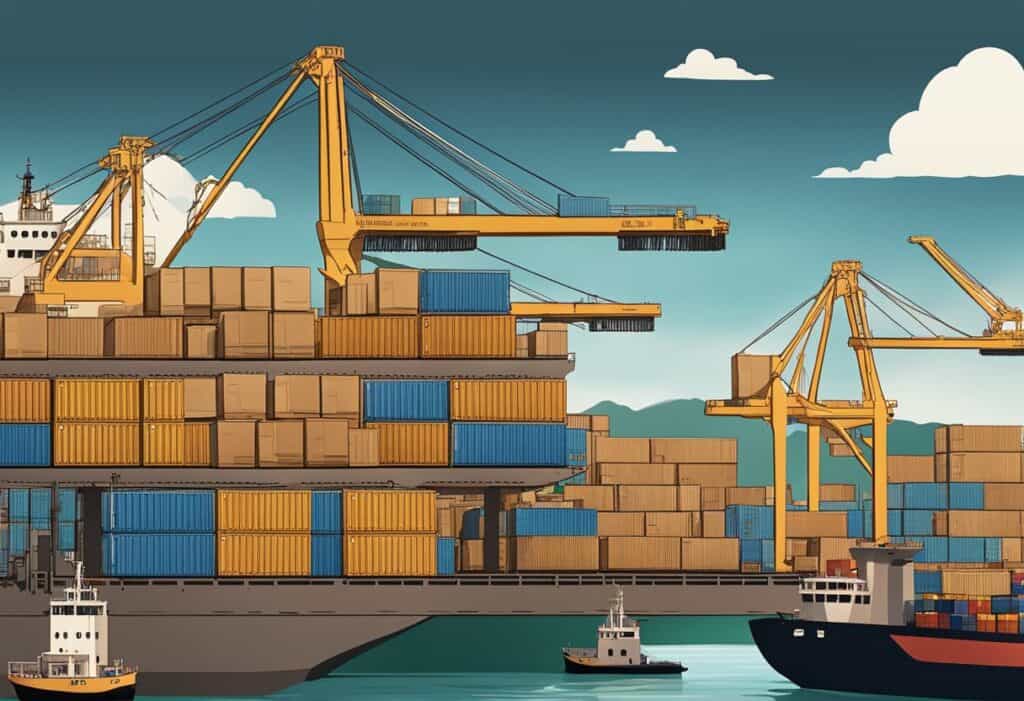December 1, 2023
Find China Dropshippers: A Comprehensive Guide
China Dropshippers have become increasingly popular in recent years due to their unique business model that allows entrepreneurs to start
Read MoreDecember 1, 2023
China Dropshippers have become increasingly popular in recent years due to their unique business model that allows entrepreneurs to start
Read MoreDecember 1, 2023
When it comes to importing goods from China, buyers have the option to work with manufacturers directly or through a
Read MoreNovember 30, 2023
Alibaba is one of the largest online marketplaces in the world, connecting buyers and sellers from around the globe. While
Read MoreNovember 30, 2023
The Canton Fair, also known as the China Import and Export Fair, is a biannual trade fair held in Guangzhou,
Read MoreNovember 30, 2023
When running a business, it is not uncommon to work with vendors who provide goods or services that are essential
Read MoreNovember 30, 2023
Importing goods from China to the UK is a common practice among businesses and individuals alike. However, it is important
Read More
November 30, 2023
Global Sources and Alibaba are two of the largest online marketplaces for sourcing products from China and other countries. Both
Read More
November 23, 2023
Shipping from China to Germany is an essential aspect of international trade. It is a process that involves moving goods
Read More
November 14, 2023
Alibaba is a leading e-commerce platform that connects buyers and sellers from all over the world. It is a marketplace
Read More
November 5, 2023
Importing products from China can be a profitable business venture for small business owners, but the process can be intimidating,
Read More